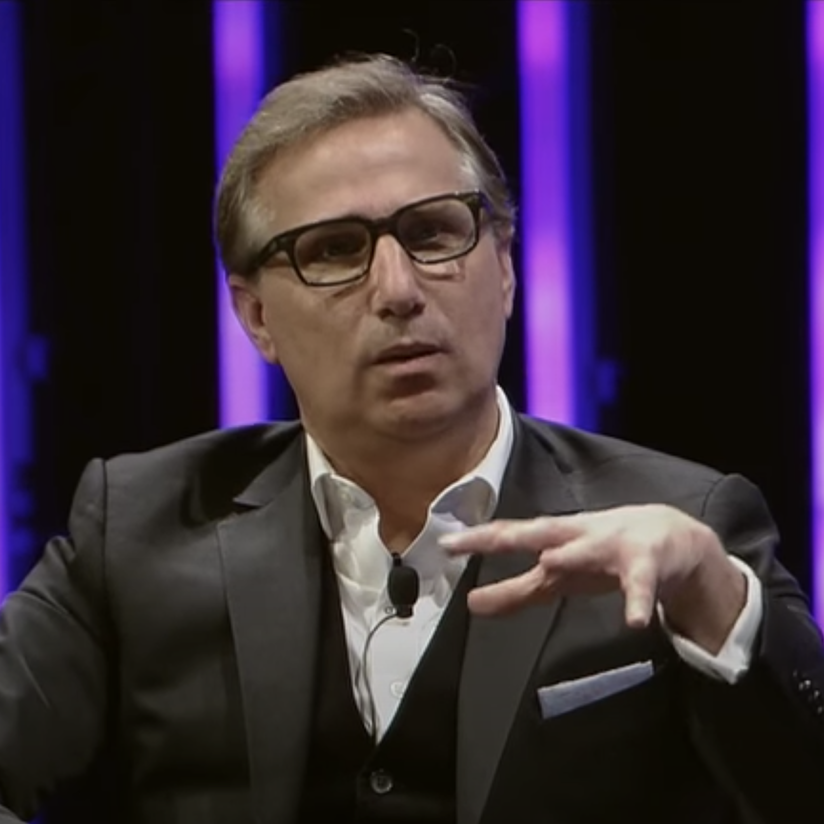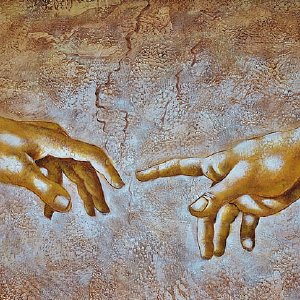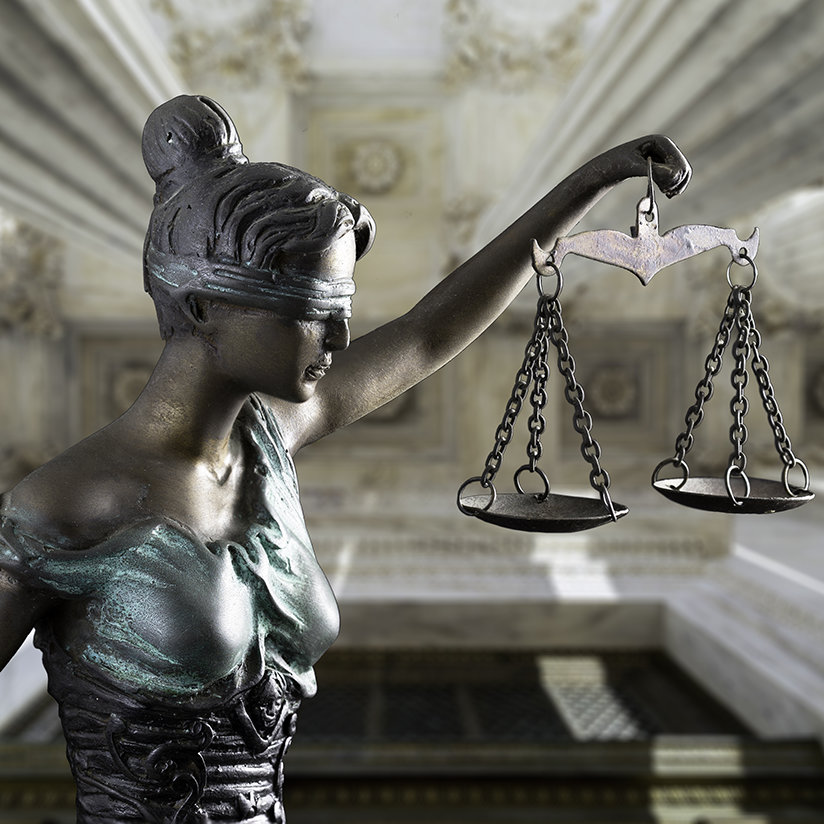Blog
TOLERANCE
Do people have prejudices? Unfortunately, absolutely. Do we have the right to broadcast our personal prejudices to others, and in a hateful way? I think not.
RELIGIOUS LITERACY
As I dug deeper into his website I discovered a 28-minute video clip of a talk he gave several years ago at the Messiah Lutheran Church in Weldon Spring, MO. The talk was on Christian-Muslim relations. He was speaking passionately about increasing understanding between these two religious traditions. Turns out this is what he does. He says his calling is to increase the level of religious literacy in the world. Greater understanding paves the way to greater tolerance. He goes on to say that for him it’s more than work—it’s a divine inspiration.
RELIGIOUS LITERACY
Fear breaks down a man’s sense of brotherhood. Make a man afraid, and he takes refuge in superstition.
MEDIA & ETHICS
Juvenal, the ancient Roman poet, had a phrase for it: “Bread and circuses.” By that he meant keep the rabble distracted from their woes with entertainment of the grossest kind .
RELIGIOUS LITERACY
In doing these things He sat in council with Adam. “Lord,” said Adam, “will You not grant us a gift—a miracle that happens not just once, but throughout eternity, as a daily reminder of Your grace and of Your presence in each person’s heart?”
SCIENTOLOGY RELIGION
This month, the world marks the 70th anniversary of the publication of Dianetics: The Modern Science of Mental Health, the landmark bestseller by L. Ron Hubbard.
SCIENTOLOGY RELIGION
Whenever someone claiming to be a former Scientologist writes something disparaging about our church, one telling thing pops into view that reveals they must have never gotten the memo: their own proclivity to blame.
RELIGIOUS FREEDOM
The U.S. Supreme Court will shortly decide whether the State of Montana can prevent the use of public funds for any educational institution controlled by a religious organization.
MEDIA & ETHICS
Author’s Note: For years, the National Enquirer has taken shots at Scientology and at other religions, benevolent organizations, and charitable groups whose names exceeded the two-syllable maximum that its editors could pronounce.
SCIENTOLOGY RELIGION
In just about every society on earth, we humans are handed nothing but limits from the time we are born. The limits of popular opinion, culture, and thought along with authorities to appeal to, permissions to ask, expectations to meet.











